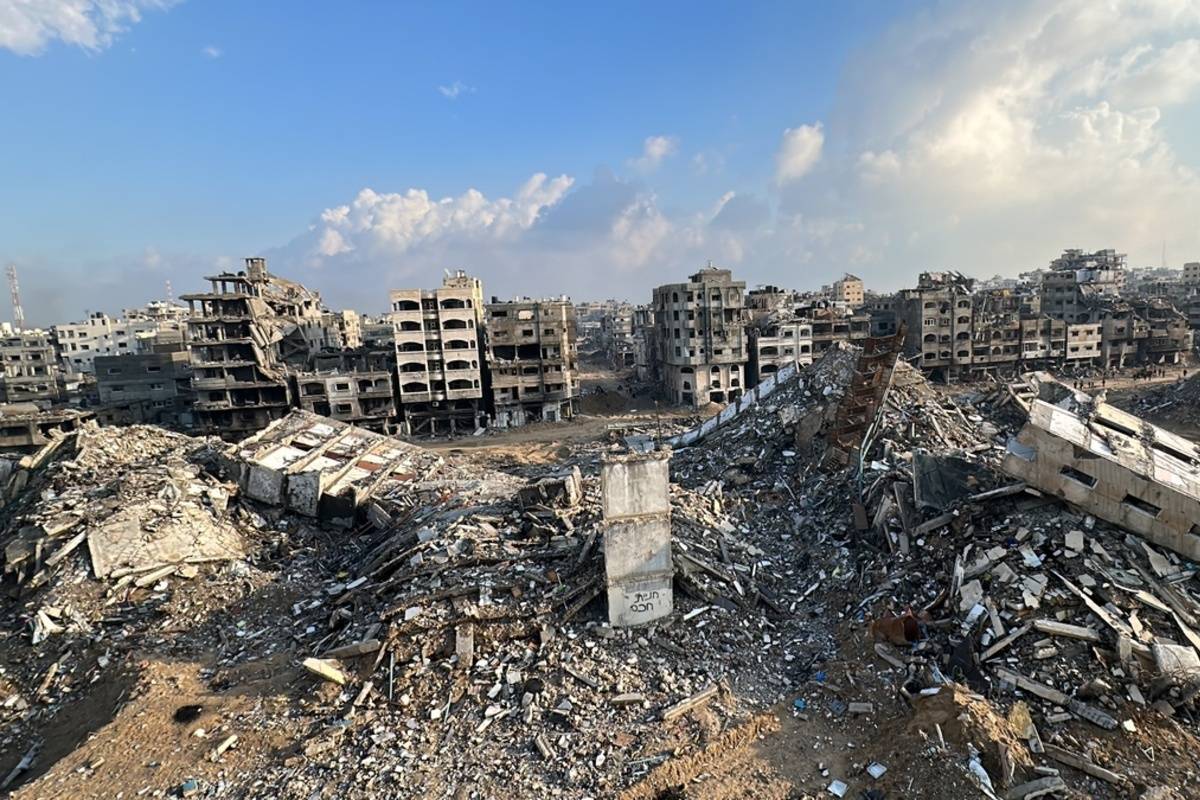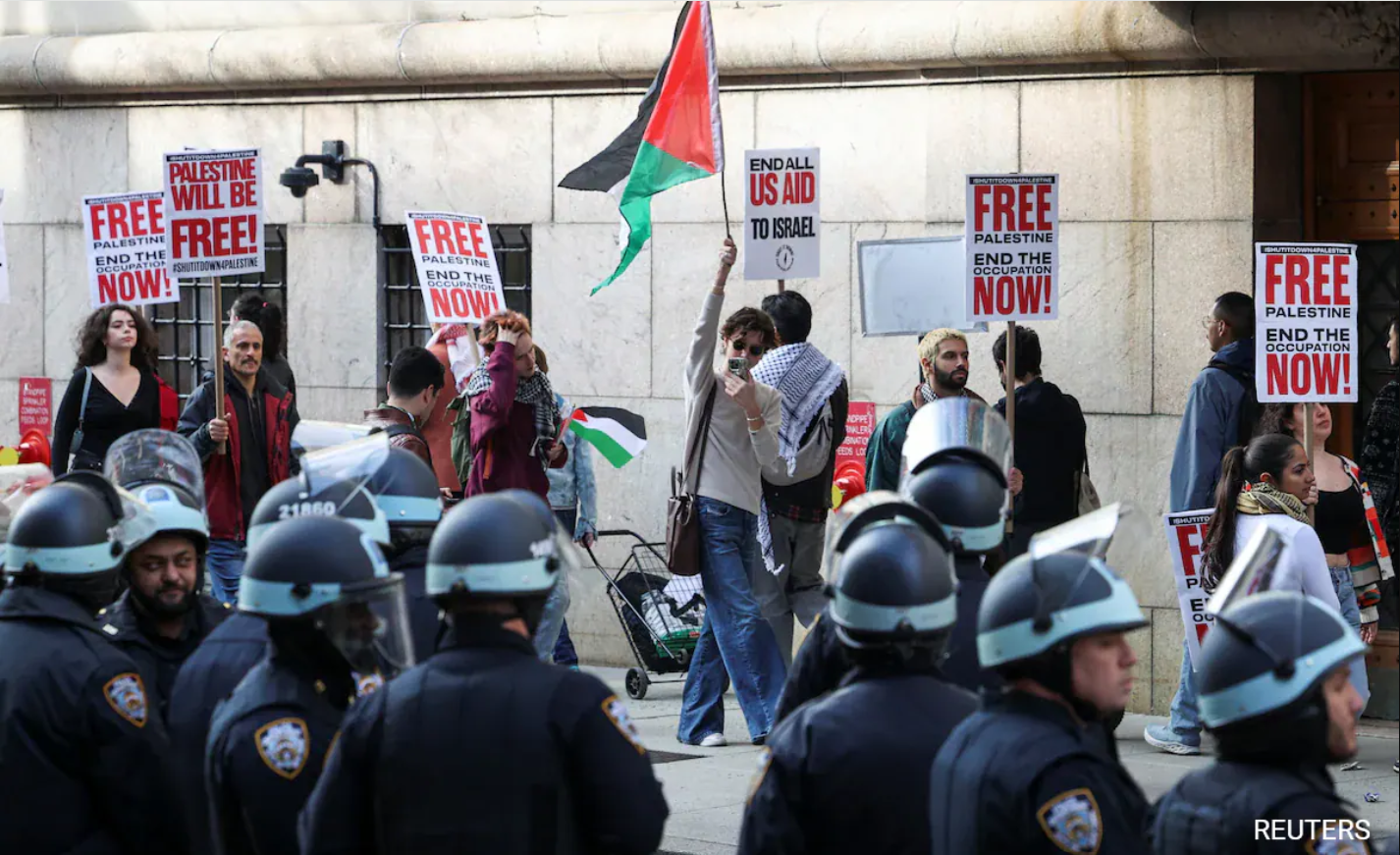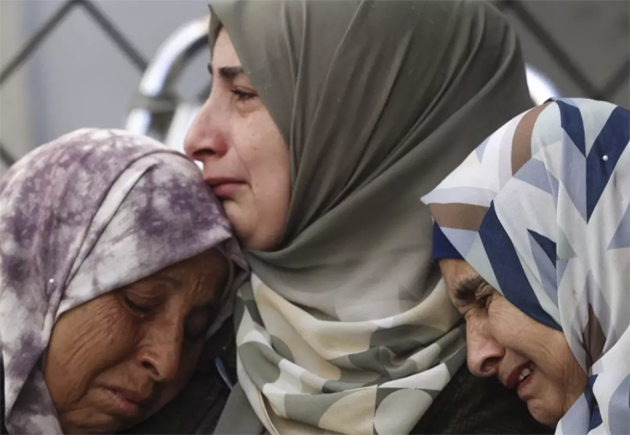A.H. is undemanding in the life she wants to live. A resident of Hebron’s Old City, she dreams of a normal life for herself and her family, her little girl in particular. “My daughter always clutches her dolly to her chest, crying. She tells me she wants to go outside or go shopping, but she is afraid they might shoot her or shoot us. I swear, this is no life.”
A.H.’s testimony is one among many women living in Hebron’s Old City, who suffer from severe restrictions to their freedom of movement, due to Israeli measures and regulations that dictate to Palestinians where, when and how they are allowed to move throughout their own city.
The Old City of Hebron is a small, enclosed bubble in a larger Israeli system of racial discrimination, set up to protect the few thousand illegal Israeli settlers living in its heart, over the hundreds of thousands of indigenous Palestinians who have lived there for centuries. According to OCHA, there ae 22 Israeli settlements in the Hebron district, in addition to 15 illegal settlement outposts and four industrial settlements, in which around 19,000 settlers live in total. The armed settlers in Hebron are deemed the most hostile, even among the other 200,000 West Bank settlers, attacking and harassing Palestinians who live in close proximately to their enclaves. What’s more, there are nearly 100 Israeli military checkpoints peppered throughout the Old City, closing it almost completely off from the rest of Hebron.
While Israeli restrictions curtail the movement and everyday lives of all residents of Hebron, women and girls are affected. Economic hardships hit families in general, but like in the case of “A.H’ the financial squeeze resulting from Israel’s measures has impacted her even more. “My husband used to work in a shoe factory and he used to take additional shifts and stay late so we could cover expenses. But then Israeli occupation authorities imposed stricter curfews and my husband is no longer allowed to stay out late. He has to be home by sunset and this has had a negative impact on our economic and social lives.”
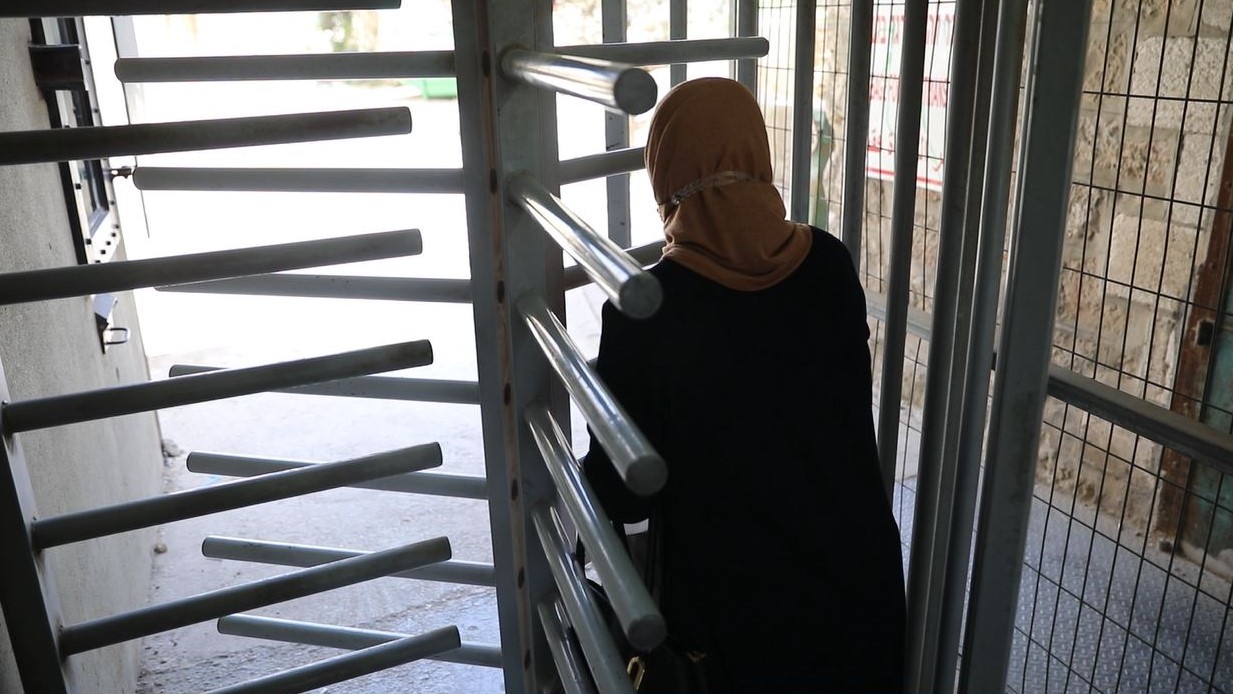
The women living in the Old City think twice about having visitors over because they worry the Israeli occupation army may invade or, even worse, settlers could attack. They are also hesitant to leave their homes to visit family or friends, in fear that they will not be able to return since they are forced to go in and out of Israeli checkpoints whose soldiers harass or close the checkpoints at whim. “I would love to go to a wedding or to visit my parents, but I am always nervous that I won’t be able to get back to my house. The latest I have ever stayed out is 9:00 p.m.” A.H. says.
Freedom of movement is a basic right, guaranteed in all international treaties and conventions and protected under international humanitarian law. Article 13 of the Universal Declaration of Human Rights states: “Everyone has the right to freedom of movement and residence within the borders of each state. Everyone has the right to leave any country, including his own, and to return to his country.”
Israel is in flagrant violation of this and other treaties that safeguard this right, given it is the occupying power. For Palestinian women, this violation is compounded in the patriarchal society in which they live. UN Security Council Resolution 1325 was passed in order to provide protection for women in areas of conflict, but the international community has sorely fallen short of guaranteeing this to Palestinian women under the yoke of Israeli occupation.
As the situation stands, the Israeli colonial-occupation in place has severely stymied the basic right of movement, among other rights. The hundreds of military checkpoints throughout the West Bank and Jerusalem, the Annexation Wall and the sporadic, but systematic closure of entrances to cities, towns and villages are some of Israel’s many forms of collective punishment. Palestinian residents of the West Bank cannot visit Jerusalem, the Gaza Strip, or Palestinian areas inside the Green Line. They are subject to a humiliating and endless system of permits for travel, whether inside Palestine or abroad. They are insulted, harassed and detained for hours at military checkpoints between cities, camps, towns and villages, and in the Gaza Strip, Palestinians are confined to what has been called the biggest open-air prison due to Israel’s siege on it for the past 16 years.
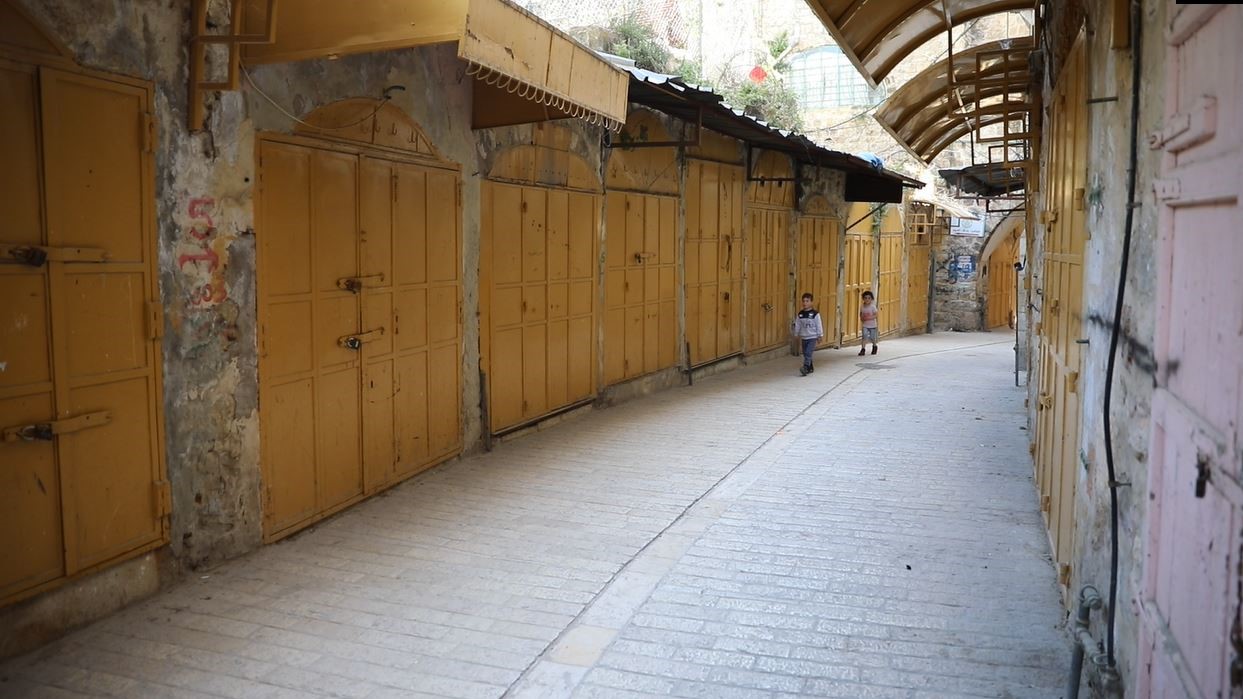
In Hebron, Israel applies all of these tactics in addition to the especially cruel policy of forced expulsion. According to a MIFTAH research on the commercial and tourist situation in Hebron’s Old City, estimated losses from ongoing Israeli closures amounted to approximately $485 million in the past 25 years, or $1.6 million a month. On Shuhada Street alone, 304 stores shut down, 218 by Israeli military order, forcing dozens of families in the Old City to leave their homes. Forced expulsion is a crime against humanity, according to the ICC Rome Statute and is therefore in violation of international law. Israel widely employs this tactic in several parts of Palestine such as the south Hebron district of Masafer Yatta, where 10,000 Palestinians are at risk of forced expulsion by Israeli military order.
All of these and other Israeli policies affect Palestinian women and girls in a way distinct from the rest of society. A.H. is wracked with anguish over concern for her teenage daughters who are often badgered by Israeli soldiers, slinging sexual innuendos at them every time they pass through a checkpoint. “When they get home they always say: ‘Mama, they [soldiers] tell us things we cannot even repeat’”. The fear of sexual assault is real for these girls and their families and prevents them from exercising aspects of their lives most others take for granted.
Palestinians have lived under this Israeli occupation for over 55 years, while the international community allows it to exist and expand unabated. Basic rights are enshrined in international law for a reason. No person, anywhere, should be deprived of this right and no power should be allowed to deny it with impunity.
It is time for this community to ‘practice what it preaches’ and implement the many international laws, conventions, treaties and resolutions that call for the protection of people under occupation and of women and girls in particular, who are often the most vulnerable in any society.
This paper was written by Ola Sami, the second scholarship recipient from the Folke Bernadotte Academy (FBA ) of Sweden in support of women, peace and security in memory of Zaida Catalan.
Joharah Baker contributed to this article




